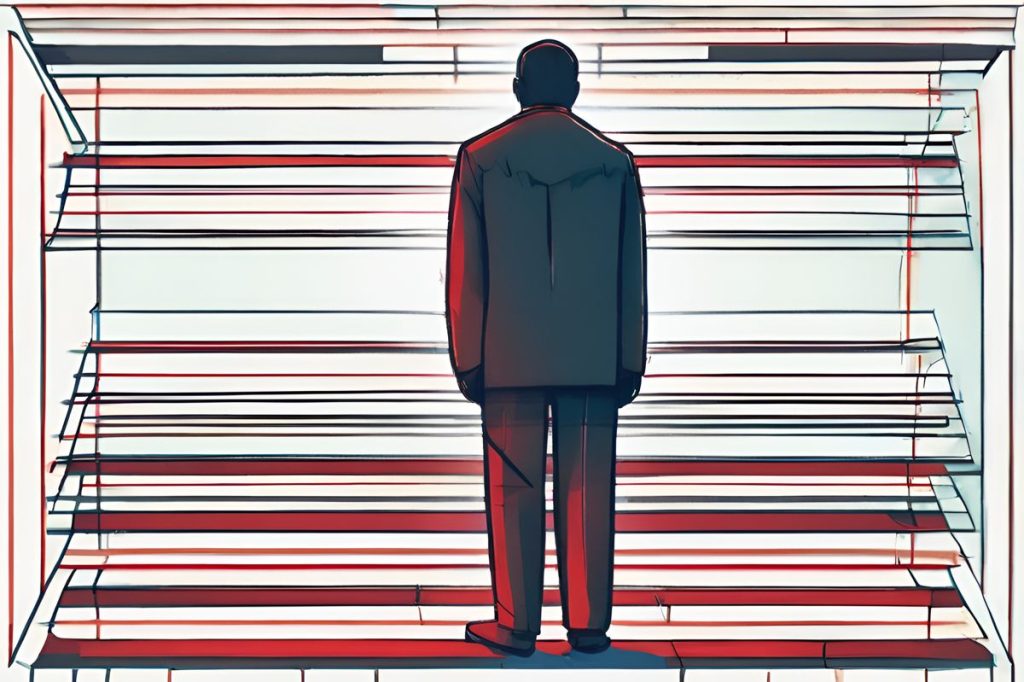An Iranian national, known as KR, is facing deportation after a court ruling due to his suspected ties to a terrorist group and involvement in criminal activities, despite having lived as a self-employed plumber in Larnaca since 2002. The rejection of his asylum appeal led to this decision, following evidence of fake passports and plotting against Israeli interests, marking a significant development in international security measures.
Why is the Iranian national KR facing deportation?
KR, an Iranian national linked to a terrorist group, faces deportation after his asylum appeal was rejected by a court. Evidence of involvement in criminal activities, including fake passports and plotting against Israeli interests, led to this decision despite KR’s established life as a self-employed plumber in Larnaca since 2002.
Legal Entry and Subsequent Asylum
An Iranian national, believed to be linked to a terrorist group with intentions aimed at Israeli interests, faces deportation after his appeal was rejected by an administrative court. Initially entering the Republic legally in 2002 with his family, the man identified only as KR, arrived through Larnaca airport.
The following year, KR sought political asylum and was granted refugee status in 2004. Not long after, citing security concerns, he changed his name, seeking to protect himself and his family members from potential threats.
Rejected Citizenship and Alleged Criminal Activities
KR’s journey took a turn when, in 2009, he sought to deepen his roots in the country through citizenship. However, his application was declined in 2014, and his subsequent appeal met the same fate in 2019. The secret service (Kyp) had gathered evidence suggesting KR’s involvement in illicit activities, specifically dealing with fake passports.
Despite the severity of the accusations, prosecution was an issue due to jurisdictional limitations, as the report against him was filed in the north. Meanwhile, KR lived a seemingly ordinary life as a self-employed plumber with his family in Larnaca.
Arrest and Accusations
The situation escalated in November of the previous year when KR was arrested based on intelligence suggesting his connection to an Iranian terror group. The allegations were severe: plotting to commit criminal acts, specifically targeting Israeli nationals. Among those believed to be in danger was an Israeli businessman, also a holder of a Cypriot passport.
Despite the defense pointing out KR’s family situation, the court remained firm on its stance, ultimately ruling against his appeal and moving forward with the deportation process. This case gained further gravity when Israeli authorities disclosed thwarting an Iranian-ordered attack on the island, naming two other Iranian suspects alongside KR.
International Implications
This case has not only shone a light on potential security threats within the Republic but also highlighted the fragile balance of international relations, with Israel and Iran’s long-standing tensions reaching into foreign territories. The implications of these actions are far-reaching, impacting diplomatic dynamics and citizen safety across borders.
Deportation procedures in such high-stakes situations reflect the intricate web of global politics and security measures that nation-states navigate daily. As nations grapple with these challenges, the importance of international cooperation and intelligence-sharing becomes ever more apparent in ensuring the safety of all citizens.
What led to the rejection of KR’s asylum appeal and subsequent deportation?
KR’s asylum appeal was rejected and he is facing deportation due to evidence of his suspected ties to a terrorist group, involvement in criminal activities such as fake passports, and plotting against Israeli interests. Despite living in Larnaca as a self-employed plumber since 2002, these serious allegations led to the court’s decision.
Why did KR change his name and seek citizenship in Cyprus?
In 2004, KR was granted refugee status in Cyprus and changed his name due to security concerns related to his ties to a terrorist group. In an attempt to deepen his roots in the country, he applied for citizenship in 2009, but his application was declined in 2014 and his subsequent appeal rejected in 2019. Despite living an ordinary life, his involvement in illicit activities, including dealing with fake passports, led to these citizenship issues.
What were the allegations against KR that led to his arrest?
KR was arrested based on intelligence suggesting his connection to an Iranian terror group and allegations of plotting to commit criminal acts, specifically targeting Israeli nationals. Among those in danger was an Israeli businessman with a Cypriot passport. Despite the defense’s plea regarding his family situation, the court ruled against his appeal, ultimately leading to deportation proceedings.
How does KR’s case impact international relations and security measures?
KR’s deportation case sheds light on potential security threats within Cyprus and highlights the delicate balance of international relations, particularly between Israel and Iran. The case underscores the importance of international cooperation and intelligence-sharing in addressing cross-border security challenges. As nations navigate these complexities, ensuring citizen safety remains a top priority.

